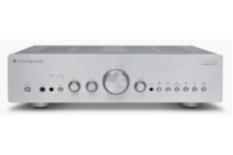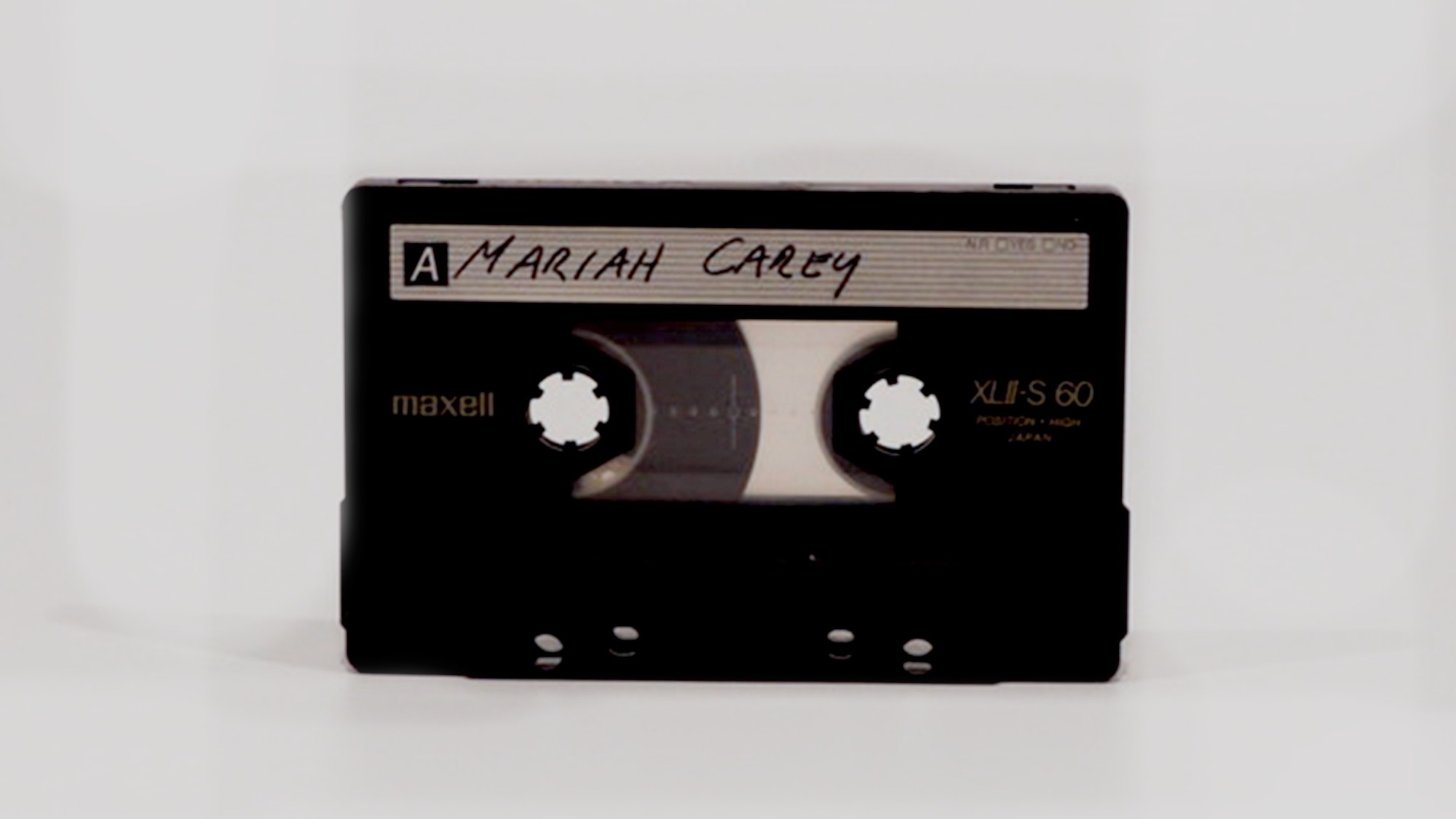What Hi-Fi? Verdict
Unbeatable for scale and insight, but the 650A sounds just slightly detached
Pros
- +
Extensive spec
- +
burly build
- +
sturdy finish
- +
detailed, open sound
Cons
- -
Sounds clinical
- -
lively treble
Why you can trust What Hi-Fi?
When we gave the stylish Azur 650A the First Test treatment back in August 2009, it was emphatically anointed as a five-star frontrunner and ‘a fine buy'.
So – bearing in mind the number of stars reducing by a mighty one – what on Earth can have gone wrong in such a relatively short space of time?
The short answer is: nothing fundamental. The Cambridge is still a fine buy. For starters, its specification is comprehensive enough to satisfy anyone buying within this price bracket.
It's fitted with six line-level inputs (two with line-level outputs for use with recording devices), switching for two pairs of loudspeakers and 75 watts of power per channel. And if you're not keen on the silver finish, you can have it in black. It all makes for pretty good reading.
Cambridge's Navigator remote is comprehensive, if a trifle confusing, and where build quality, finish and looks are concerned the 650A's the equal of anything in this price class
Luxuriously widescreen sound
Amplifying Arctic Monkeys' Cornerstone, the 650A delivers a luxuriously widescreen sound – the Cambridge finds space on a soundstage where its rivals simply don't.
This expansive, beautifully separated sound isn't at the expense of integration or coherence, though: the 650A extracts copious detail through the midrange, punches with purpose and control at the bottom end and integrates the entire frequency range smoothly.
There's a hint of brightness to treble sounds that might prove problematic if the 650A is carelessly partnered, but the Cambridge is energetic rather than aggressive when it comes to system-matching.
Wary of getting engaged?
Of greater concern is the rather analytical, disengaged character that's been thrown into sharp relief. “Head-Fi rather than Heart-Fi” is how one member of the review team floridly put it, and there's truth in that: the 650A sounds a little dispassionate compared to its near rivals
Of course, you're entitled to value scrutiny and insight over emotion and engagement – and if that's the case the 650A makes as much sense as it ever did.
But we think it's possible to buy an amplifier (or two), even at this modest price, that covers all bases a little more evenly.
See all our amplifier Best Buys
Follow whathifi.com on Twitter
The latest hi-fi, home cinema and tech news, reviews, buying advice and deals, direct to your inbox.
What Hi-Fi?, founded in 1976, is the world's leading independent guide to buying and owning hi-fi and home entertainment products. Our comprehensive tests help you buy the very best for your money, with our advice sections giving you step-by-step information on how to get even more from your music and movies. Everything is tested by our dedicated team of in-house reviewers in our custom-built test rooms in London, Reading and Bath. Our coveted five-star rating and Awards are recognised all over the world as the ultimate seal of approval, so you can buy with absolute confidence.


